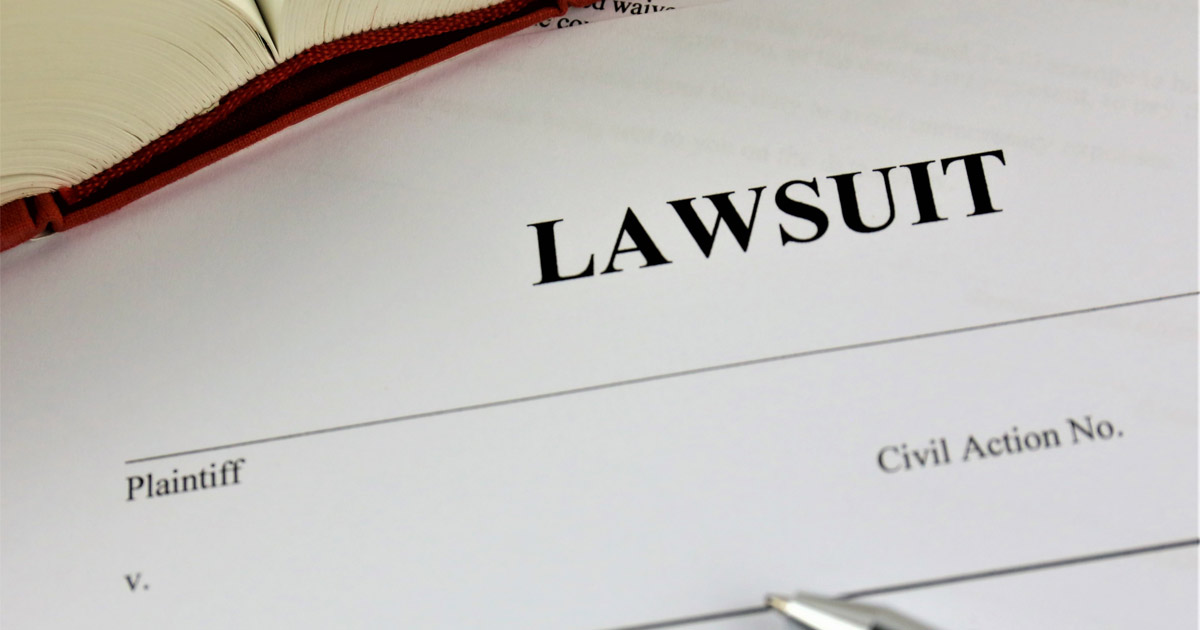MENU
- Home
- Overview
- Attorneys
- Practice Areas
- Firm News
- Blog
- Contact

When people hear about car accident injuries, they often picture drivers getting hurt. However, passengers can be just as likely to suffer physical and emotional trauma during crashes. Someone hurt while riding in the front or the back of a car will have medical expenses and potentially lose time from work, depending upon the severity of the injuries. How is a passenger usually compensated? In some states, it depends on the severity of the injury.
A no-fault state requires that all drivers have personal injury protection (PIP) insurance. PIP insurance initiates to cover a driver’s injuries, regardless of whether or not the driver was at fault for the collision. In most cases, PIP insurance will also cover injuries suffered by the passenger in the driver’s car.
Although PIP insurance sounds like a reliable way to get compensation for accident injuries, it is not unlimited. In fact, in Delaware, drivers are only required to have PIP coverage of $15,000 per person. Medical bills can easily exceed $15,000 if a passenger gets seriously hurt and must undergo surgery, diagnostics, physical therapy, or occupational therapy.
Additionally, PIP does not cover any kind of property damage. For instance, if a passenger has expensive work equipment, like technological devices, the passenger cannot recover damages for the property. The only way to collect damages for property would be to make a third-party insurance claim.
After making a PIP claim, an injured passenger may receive a settlement offer that is far below what it will cost to pay for mounting bills directly related to the crash. At that point, the passenger may want to put in a claim with both of the drivers’ insurance companies to cover costs that are unmet by PIP insurance. In some no-fault states, a passenger must meet a threshold of injury severity to pursue a third-party claim; in Delaware, no threshold exists.
Nevertheless, for third-party claims to be successful, the insurance carrier will want to know how much fault could be attributed to each driver. If the overall amount exceeds the policy limit maximums, the passenger will only receive the maximum policy limit.
Passengers also need to be concerned about the statute of limitations to file third-party insurance claims against drivers. In Delaware, the statute is two years from the time of the crash. Two years may seem like a lot, but it can go by very rapidly, especially when someone is healing.
A final consideration before filing any claim is to think about the relationship between the injured passenger and the drivers. Relatives of a motorist may be exempt from collecting third-party compensation from the driver’s insurance.
The process of figuring out who and whether to sue can be especially confusing for a passenger after a traumatic car accident. This is why a victim should seek legal representation to help them work toward a fair settlement. Insurance carriers can be reluctant to pay out large amounts until they are pressured by lawyers. Therefore, a passenger may want to have a lawyer by their side to recover entitled damages.
If you were injured as a passenger in a car accident, one of our Delaware car accident lawyers at Jacobs & Crumplar, P.A. can help. Our lawyers help injured passengers receive compensation. Call us at 302-656-5445 or contact us online for a free consultation. Located in Wilmington and Millsboro, Delaware, we serve clients throughout Dover, New Castle County, and Sussex County.